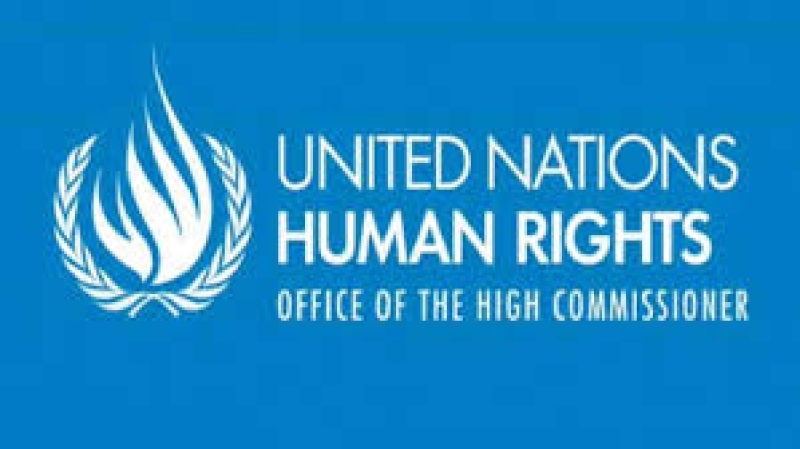- Miscreants Launch Attack on Air Force Base in Cox's Bazar: ISPR |
- Munshiganj General Hospital catches fire; no injury reported |
- Dhaka’s air records ‘unhealthy’ on Monday morning |
- Dhaka seeks global pressure on Myanmar for lasting peace |
- BSEC Chairman’s resignation urged to stabilise stock market |
Deposed Govt Used Judiciary to Suppress Civil Society: UN

The UN Human Rights Office has reported that the previous Bangladesh government utilized both the judiciary and security forces to suppress civil society through oppressive legal and institutional frameworks.
According to the Office of the High Commissioner for Human Rights (OHCHR) in a Fact-Finding Report released in Geneva earlier this month, the former government exploited the justice system to curb the country’s once-vibrant civil society. The report highlighted how civil society organizations, opposition activists, journalists, trade unionists, lawyers, and victims seeking justice faced intimidation, harassment, false charges, arbitrary arrests, enforced disappearances, and even murders.
The OHCHR also noted that the 2016 Foreign Donation (Voluntary Activities) Regulation Act granted the government significant powers to monitor and control NGOs, with the NGO Affairs Bureau acting under the Prime Minister's direct authority. The government used this power to revoke NGO registrations, block foreign funding, and delay project approvals, causing several rights groups to halt or cease their operations.
The report outlined how repressive laws, including the Foreign Donation Act, Anti-Terrorism Act 2009, Official Secrets Act 1923, the defamation provisions of the Penal Code, the Information and Communication Technology Act 2006, Digital Security Act 2018, and the Cybersecurity Act 2023, contained vague criminal offenses. These laws were frequently used to silence journalists, human rights defenders, and opposition activists through intimidation and legal action. Many of these laws granted excessive powers of arrest, search, and surveillance without sufficient judicial oversight.
The OHCHR also described a widespread surveillance system built by the previous government, which targeted civil and political dissenters. The National Telecommunications Monitoring Centre (NTMC), equipped with advanced surveillance technology from Israeli and other foreign companies, played a central role. Security forces such as the police, DGFI, NSI, and RAB had unchecked access to this surveillance infrastructure.
The OHCHR report criticized the NTMC’s vast surveillance powers, which were based on vague provisions in the Bangladesh Telecommunications Regulation Act that failed to meet international digital surveillance standards.
In response, the UN human rights office urged Bangladesh to repeal or amend the oppressive legal provisions in accordance with international human rights norms. As a first step, it recommended a moratorium on arrests and prosecutions under these broad laws, particularly the Cybersecurity Act 2023 and the Anti-Terrorism Act, which have been used to suppress critical media and political dissent.
The OHCHR also called for reducing excessive powers of arrest, search, and surveillance under these laws, ensuring proper judicial oversight, and providing sufficient funding and staffing to the justice sector to enable it to effectively investigate extrajudicial killings, torture, enforced disappearances, and sexual and gender-based violence.
Finally, the report stressed the importance of protecting the justice system from political interference, ensuring it can hold law enforcement accountable for their actions.

